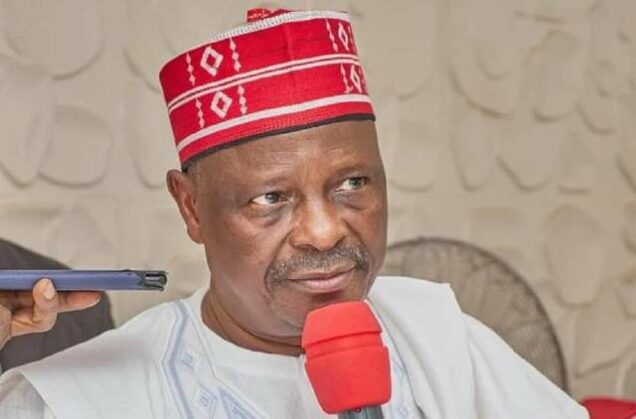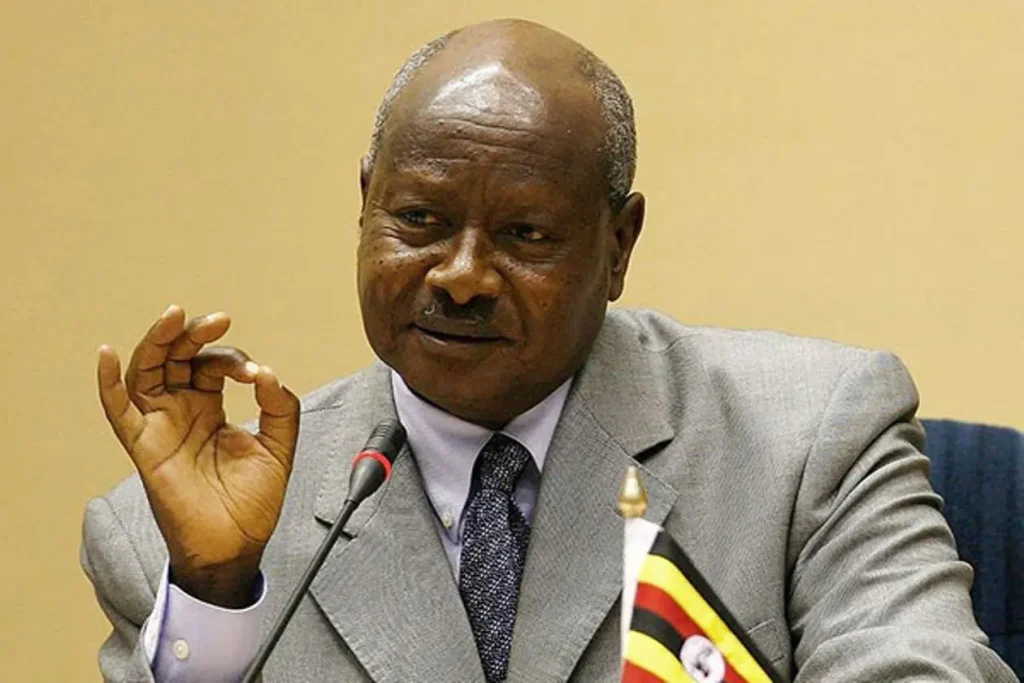As Nigeria grapples with the fluctuating value of its currency, the Naira, against the US dollar, the Central Bank of Nigeria (CBN) has proposed measures to crack down on street trading and introduce updated guidelines for Bureau De Change Operators (BDCs) in the country.
In a recent announcement, the CBN unveiled its draft Revised Regulatory and Supervisory Guidelines for Bureau De Change Operations in Nigeria. The proposed guidelines include setting the minimum capital requirements for Tier 1 and Tier 2 BDC licenses at N2 billion and N500,000 million, respectively. This marks a significant increase from the previous capital requirement of N35 million for a general license.
Under the new guidelines, Tier 1 BDCs will have nationwide operational authorization, with the ability to establish branches and appoint franchisees, subject to CBN approval. Additionally, Tier 1 BDCs will oversee their franchisees, who are required to adhere to the franchisor’s name, branding, technology platform, and operational standards. On the other hand, Tier 2 BDCs will be limited to operating within a single state or the Federal Capital Territory (FCT), with a maximum of three locations – a head office and two branches, pending CBN approval, and will not be allowed to appoint franchisees.
The CBN’s efforts to introduce these stringent measures come in the wake of a crackdown on illegal BDCs in key cities such as Abuja, Lagos, Kano, and Ibadan by the Economic and Financial Crimes Commission (EFCC) to stabilize the Naira against the US dollar. Recent market data showed the Naira closing at N1,665.50 per US dollar on the FMDQ market, up from N1571.31 the previous day, while in the parallel market, it traded between N1,750 to N1,800 per US dollar compared to N1,680.00.
Despite multiple interventions by the CBN in the foreign exchange market in recent months, Nigeria continues to face a foreign exchange crisis. The new guidelines and proposed regulations aim to streamline the operations of BDCs and curb illicit trading practices, signaling the CBN’s commitment to strengthening the country’s currency and financial stability.



